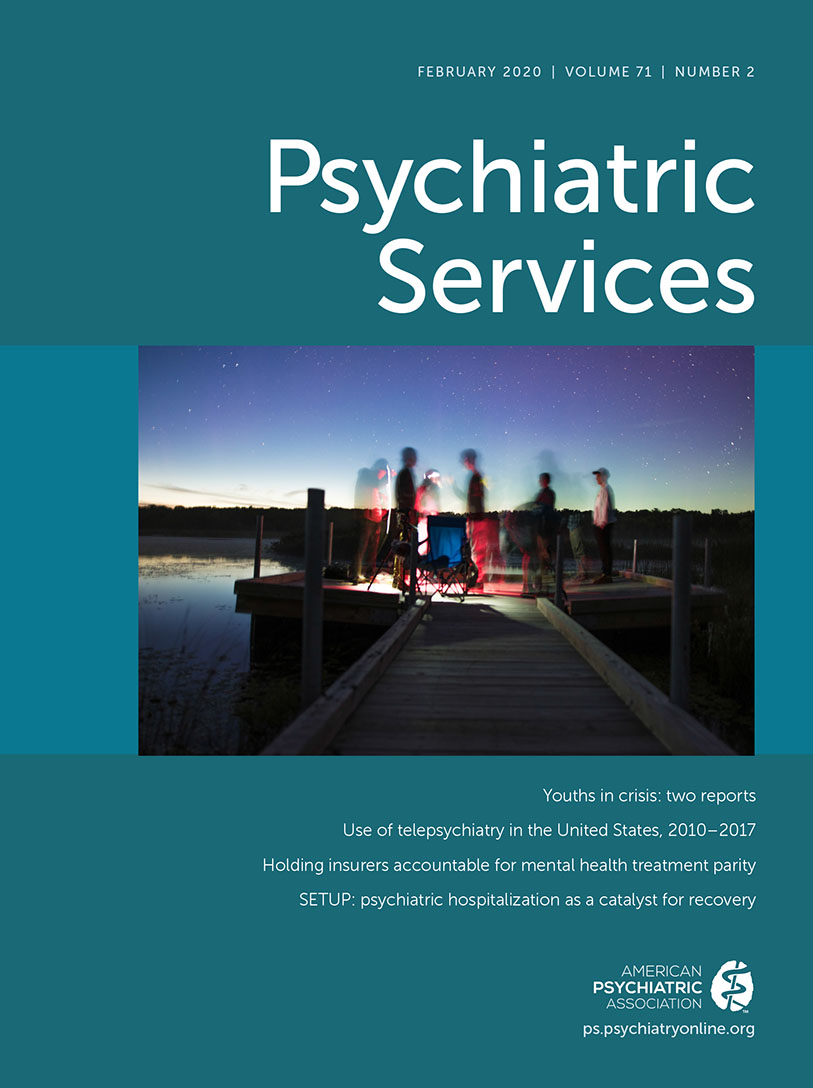The Crisis in Psychiatric Hospital Care: Changing the Model to Continuous, Integrative Behavioral Health Care
Abstract
Inpatient psychiatric hospital services, as they currently exist, have little to no evidence base. Deficits in the current system represent a critical missed opportunity to improve the trajectory of patients’ lives and long-term outcomes. The authors posit that a fresh approach to hospitalization is needed, one that incorporates distinct, measurable goals tied to a comprehensive, individualized treatment plan tailored to address a patient’s lifetime course of illness. A structured approach can ultimately improve care quality and continuity by allowing for rigorous testing of each aspect of the assessment and care provision process, improving patient outcomes and care engagement while shortening average lengths of hospital stays, and accelerating the movement of care to cost-effective, need-specific settings. In an effort to move the field toward establishing a systematic, evidence-based protocol for hospital-based psychiatric care, the authors describe a new model, called the S.E.T.U.P. approach.



